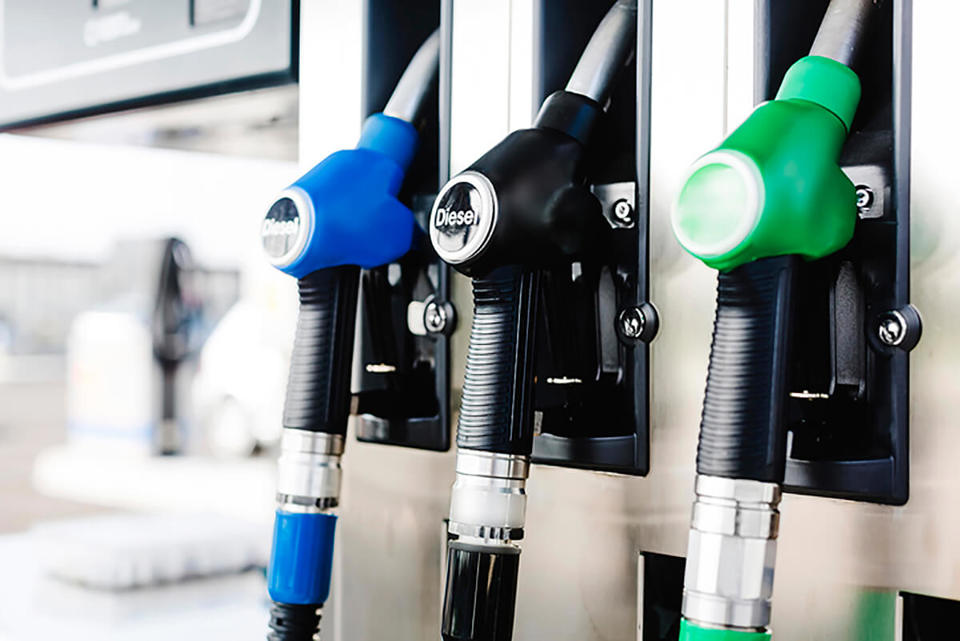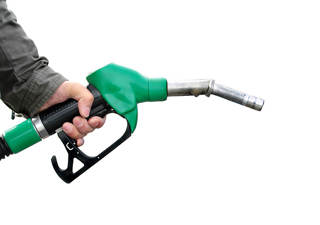Fleet transport insurance firm McCarron Coates is urging HGV drivers not to fill their tanks to the top, to avoid liability for diesel spills.
The advice follows the new hierarchy of road users created by the January 2022 edition of the Highway Code.
The new hierarchy sees HGV, bus and coach drivers right at the bottom of the road-user hierarchy, with more responsibility for the safety of all other road users than any other highways-using group. Sitting above them are motorcyclists and, close to the top, cyclists.
McCarron Coates is highlighting how HGV drivers directly impact on the safety of motorcyclists, in particular, when they spill diesel on the highway.
For a motorcyclist, riding over diesel provides the same lack of friction they would experience if riding over packed snow. The friction is particularly reduced when diesel is spilt on roundabouts, ramps and bends, precisely where diesel is likely to spill out of trucks with overfilled tanks. Diesel also impacts on normal braking distances.
Now, with the introduction of the new hierarchy, it is not unreasonable to anticipate that those injured or impacted by diesel spillage, could seek to prove HGV operators liable and suggest they did not exercise the duty of care expected within the new Highway Code.
“HGVs are now part of the commercial vehicle group deemed to have the highest degree of responsibility for other road users’ safety. Diesel spillage is a direct way of undermining the safety of a key road user group – motorcyclists,” said McCarron Coates director, Paul Coates. “If you put the two factors together, it is everything that shouts liability claim. We believe HGV drivers need to get their house in order fast.”
The penalties for spilling diesel have been in place for some time and the law states that liability for dealing with a road spillage lies with the person who allowed it to occur. That has traditionally been applied to clean-up costs and Highways England has already warned, in the past few years, of how it can recover up to £70,000 of clean-up costs.
Added to this the potential of an HGV operator being found liable for damage to the environment, under environmental laws of 2009 and 2010, if diesel contaminates land or enters gullies, groundwater or water courses.
Avoiding overfilling is relatively easy to do, if a driver is briefed not to indulge in what is known as ‘brimming’ or ‘necking’, as part of standard company policy. Drivers should also be instructed to oversee the full filling process, rather than leaving the tank filling and should not try to override automatic nozzles.






















Login to comment
Comments
No comments have been made yet.